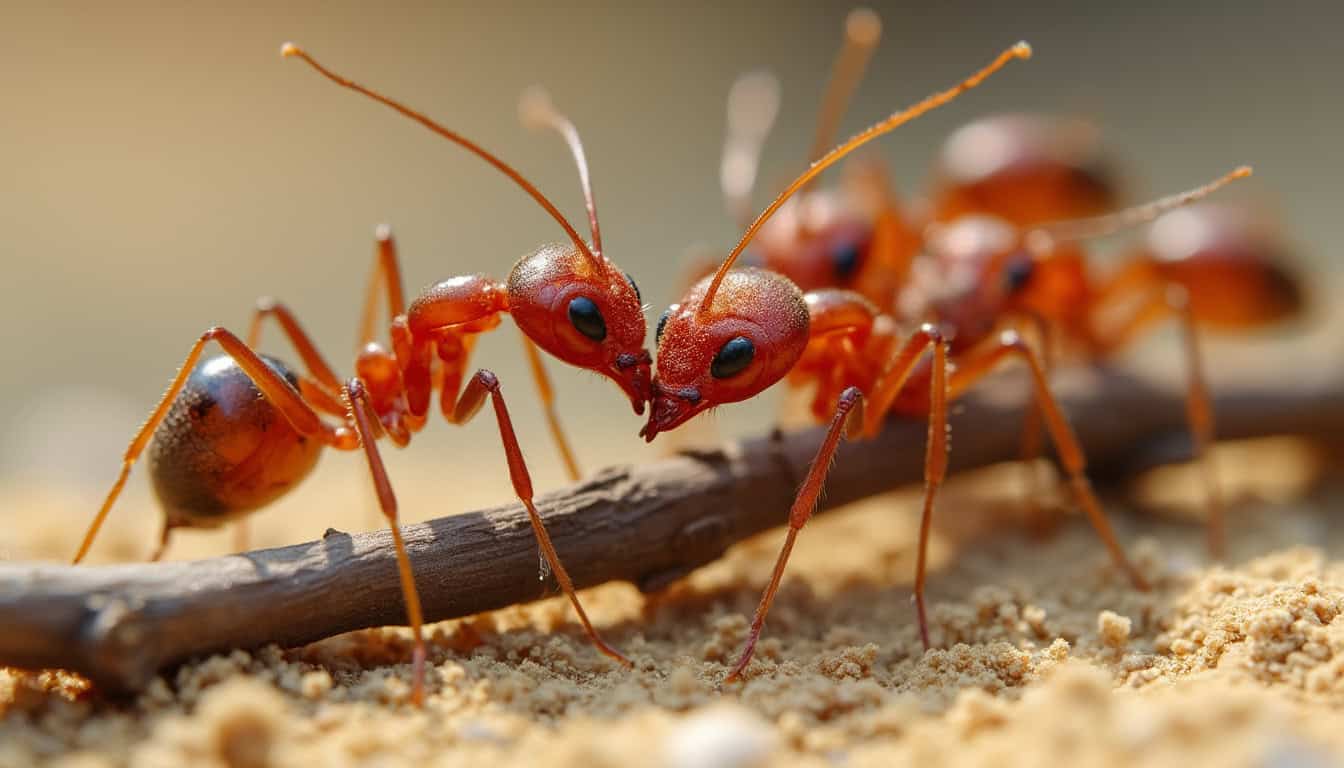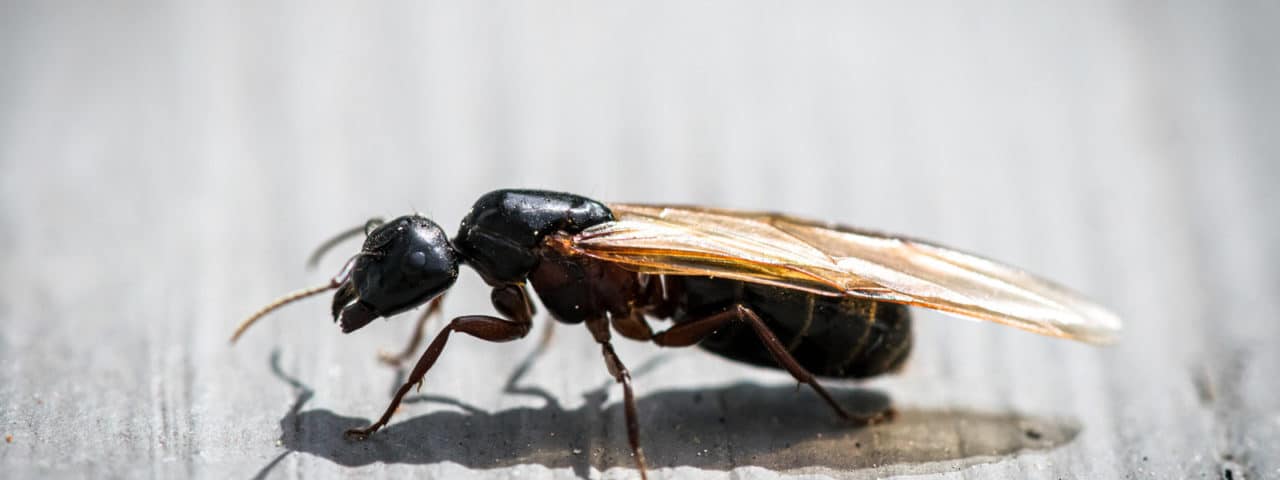Professional Ant Control Services: Custom-made Treatments for Enduring Outcomes
Professional Ant Control Services: Custom-made Treatments for Enduring Outcomes
Blog Article
Environmental Impact of Parasite Control: Harmonizing Performance With Sustainability
The environmental influence of insect control is an essential concern that calls for a delicate equilibrium between attaining effectiveness in managing pests and ensuring sustainability of our ecosystems. From the usage of unsafe chemicals that seep right into our soil and water to the unintended repercussions on non-target species, the effects of traditional bug control techniques are far-reaching.
Harmful Chemicals in Bug Control
The utilization of harmful chemicals in insect control poses significant environmental and health and wellness risks that necessitate mindful factor to consider and reduction approaches. Herbicides, pesticides, and pesticides are typically utilized to get rid of parasites, however their extensive application can bring about unintended effects. These chemicals can pollute soil, water sources, and the air, affecting not only the targeted bugs however additionally advantageous insects, wildlife, and people.

To resolve these threats, incorporated parasite administration (IPM) methods are being promoted as a much more lasting option. IPM includes a combination of approaches such as biological control, habitat control, and the targeted use pesticides as a last hope (ant control lincolnton nc). By embracing an all natural technique to pest control, we can minimize the ecological and wellness effects linked with unsafe chemicals while effectively taking care of pest populaces
Influence on Non-Target Types
Considering the unintended consequences of insect control approaches, the influence on non-target varieties is an important aspect that requires detailed examination. While pest control measures aim to target specific parasites, other microorganisms in the environment may be inadvertently influenced. Non-target species, including advantageous insects, birds, animals, and even plants, can endure indirect or straight injury from pesticide applications or biological control methods.
Chemicals can have sub-lethal or dangerous results on non-target species. For example, insecticides designed to combat a certain bug parasite might hurt pollinators like or all-natural killers such as ladybugs. In addition, chemical deposits can gather in the environment, affecting non-target organisms gradually. Biological control representatives, if not species-specific, can pose risks to unplanned targets, interfering with the eco-friendly balance.
To minimize the influence on non-target types, integrated parasite administration (IPM) strategies that highlight a holistic strategy to pest control are recommended. These methods prioritize using eco-friendly methods, decreasing harm to helpful microorganisms while effectively handling pest populaces. Conducting comprehensive threat evaluations and checking the end results of parasite control initiatives are vital action in guarding non-target types and advertising general community health.
Dirt and Water Contamination
Unexpected ecological repercussions of parasite control techniques prolong beyond impacting non-target types, with substantial effects for dirt and water contamination. Chemicals, herbicides, and chemical fertilizers utilized in parasite control can leach right into the soil and infect groundwater, posing a threat to both terrestrial and marine ecological communities. Soil contamination can interfere with the equilibrium of microorganisms essential for vitamins and mineral cycling and plant development, leading to lowered dirt fertility and efficiency. In addition, these chemicals can continue in the setting for prolonged durations, accumulating in the soil and possibly entering the food web.
Water contamination is one more essential issue connected with insect control techniques. To minimize dirt and water contamination from bug control activities, incorporated parasite administration methods that focus on sustainability and reduce chemical inputs are crucial.
Air Pollution From Chemical Use
Exposure to air-borne chemicals throughout farming applications presents a substantial problem for air contamination control measures. Furthermore, pesticide drift, where chemicals are brought by the wind to unintentional areas, can lead to the contamination of nearby ecological communities and water bodies.

Techniques for Sustainable Insect Control
In the world of agricultural techniques, applying sustainable parasite control approaches is paramount for maintaining ecological balance and guarding plant yields. Sustainable insect control stresses using eco-friendly methods to take care of insect populaces efficiently while decreasing injury to non-target organisms and ecological communities. Integrated Insect Monitoring (IPM) is a widely embraced technique that combines biological, social, physical, and chemical control methods to attain lasting pest monitoring remedies.
Crop turning and diversification are additionally reliable strategies to interrupt pest life cycles and develop much less favorable problems for bugs to thrive. Eventually, by incorporating these lasting insect control methods, farmers can achieve a balance in between pest administration performance and environmental stewardship.
Conclusion
Finally, the environmental influence of insect control methods must be meticulously considered to stabilize performance with sustainability. Hazardous chemicals made use of in bug control can lead to dirt and water contamination, air pollution, and damage non-target species - ant control services. It is essential to apply lasting insect control strategies to reduce these negative results on the setting and advertise a much healthier ecological community for future generations
By embracing a holistic technique to pest control, we can minimize the environmental and wellness influences linked with dangerous chemicals while successfully handling pest populations.

To mitigate the air pollution created by pesticide use, it is essential to embrace integrated parasite management techniques that focus on the usage of non-chemical insect control techniques, such as plant rotation, natural killers, and resistant crop selections. Lasting pest control highlights the usage of environmentally friendly approaches to manage bug populaces efficiently while decreasing harm to non-target organisms and ecological communities. Integrated Insect Administration (IPM) is an extensively adopted method that integrates organic, social, physical, and chemical control methods to accomplish long-lasting parasite management services.
Report this page